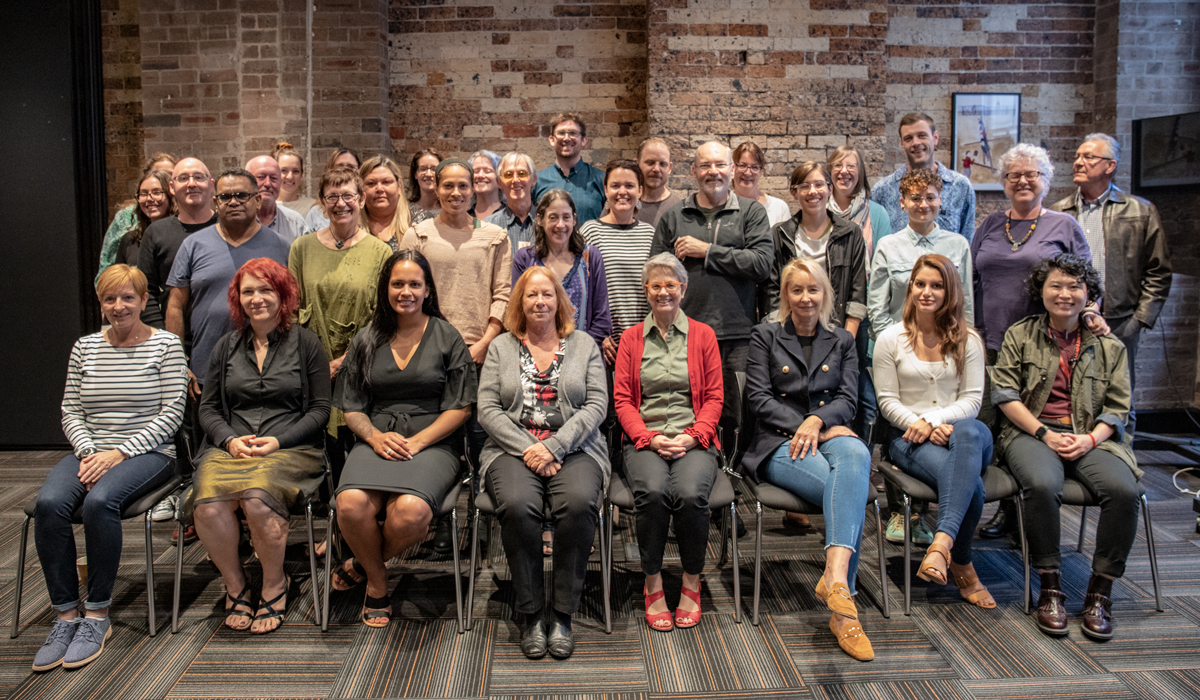No Bang for your Bond!
Julie Foreman • 29/08/2019
Initial response from the Tenants' Union of NSW, resourcing body for 19 NSW-based Tenancy Advice and Advocacy Services, to the release of funding agreements from 2019-2022 for NSW Government funding for the Tenants Advice and Advocacy Program.
Positives:
- Continued funding for a 3 year period giving greater certainty for staff and services.
- Recognition from the Minister of Innovation and Better Regulation, Kevin Anderson MP, of the specialised expertise of the Tenants Advice and Advocacy Services (TAASs) across NSW.
Negatives:
- No increase in funding for the 17th year running! Services have had no real increase in funding since 2002 despite increased demand, over 50% increase in tenancies and two independent reports recommending an increase.
- No recognition of the unique role of TAASs in preventing homelessness. As the result of advice and advocacy by skilled TAAS workers, homelessness is averted in 82% of cases where tenants are at risk of termination. In 2018 TAASs directly prevented homelessness for almost 4,000 households.
What does the program achieve?

Tenancy Program funding supports 15 local TAASs, and four local Aboriginal TAASs across regional, rural and urban NSW. Half the services and slightly more than half the 30,000 clients assisted each year are in regional and rural NSW.
Tenant Advocates provide free advice and advocacy support to tenants to both uphold their legislative rights and to understand their responsibilities under that legislation. The Advocates ensure that tenants have access to the same type of specialised advice and advocacy as landlords’ access through real estate agents. The work of Tenant Advocates focuses on the most vulnerable tenants.
No call on government funds
This program makes no call on state funded consolidated revenue. It is funded equally from:
- The Property Services Statutory Interest Account authorised by section 189(2)(c) of the Property, Stock and Business Agents Act 2002.
- The Rental Bond Interest Account authorised by section 186(3) of the Residential Tenancies Act 2010.
There is now over 1.5 billion dollars of renter’s money in bonds earning interest. For year-end June 2018 there was a surplus of $4.1 million. Money contributed to the accumulated funds is currently $65.6 million.
Most of the money – about two-thirds of the total – is paid to NSW State Government agencies, primarily the NSW Department of Customer Services, and the NSW Civil and Administrative Tribunal. A small portion is used to fund the TAASs (approximately 11%).
Other smaller amounts go to other community services (such as financial counselling services, and the No-Interest Loans Scheme) and affordable housing programs.
Just recently $3 million from the Rental Bond Board interest account was made available to residents of Mascot towers to pay for their alternative accommodation. Most of this benefit has gone to property owners rather than tenants. This demonstrates that accumulated funds are available for use – providing a small amount of those funds to tenants’ advice services would ensure their viability and ensure tenants who need and deserve advice do receive it.
Accumulated funds in the Property Services Interest Account rose from $225 million to $239 million over the 2018 year.
Executive Officer of the Tenants’ Union NSW Julie Foreman says:
“We welcome the continued funding of tenancy services. Renters in NSW need and appreciate the services they receive from TAASs. We estimate 1 in 3 seeking assistance are missing out. It makes no sense that funding isn’t increased when we know there is interest available from renters' own money in the Rental Bond Board and Property Services account.
The services have reached capacity and the health of the program is at risk.
Tenancy services assist in stabilising the housing situation of tens of thousands of people every year and help prevent homelessness, social exclusion and the disruption of schooling and employment for individuals and families. Advocates also assist the smooth running of NCAT supporting people to resolve disputes peacefully and improving the speed and efficiency in processing cases.
Increasing funding for the program by 50% represents less than 2% of the available accumulated funds in the combined Rental Bond Board and Property Services Statutory Interest Accounts.
We call on the Government to release the additional funds sought for these services. It is a cost effective way of contributing to the Government's stated objectives and a range of important social outcomes.”



